1914-1945: BEGINNINGS
HOUSE FOUNDATIONS
Born just before the beginning of World War I and establishing his eponymous house just after Paris was liberated near the end of World War II, the early life of Pierre Balmain is tied closely to the tumult, tragedies, and the ultimate rebirth of early 20th Century Europe.
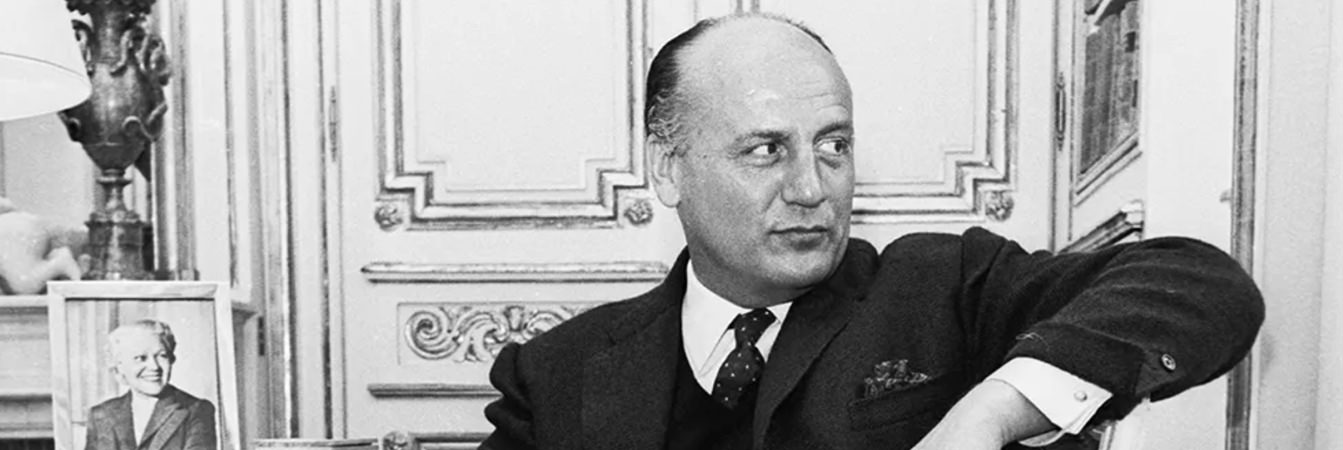
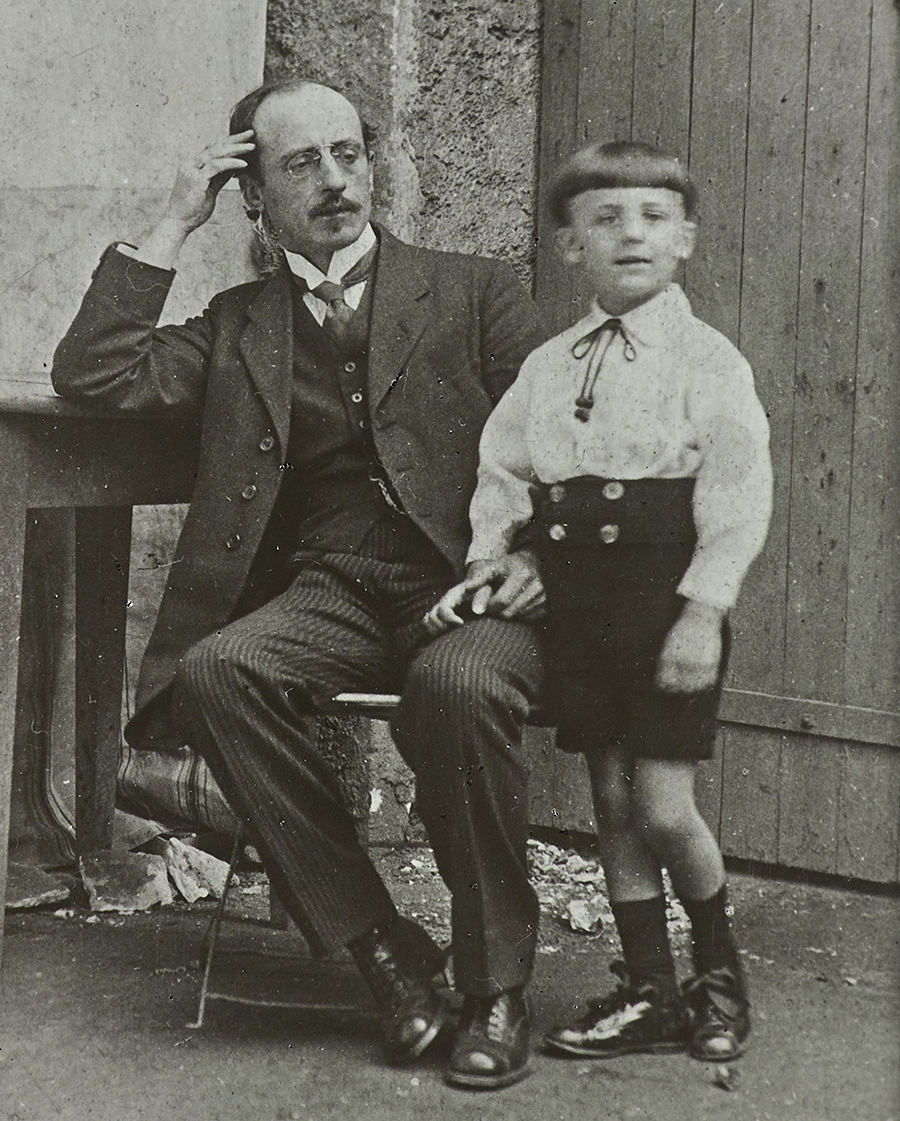
THE EARLY YEARS
Born and raised in St Jean de Maurienne, a small Alpine village in the beautiful and remote French region of Savoy, Pierre Balmain moved to the Paris in 1933 to study architecture— but he soon left his studies behind as be began a full-time search for a way into fashion.
WORKING WITH MOLYNEUX
Pierre Balmain’s first job in fashion was working for Edward Molyneux, a dashing British designer who was at the peak of his success, dressing the major stars of the day, including Greta Garbo, Marlene Dietrich and Vivien Leigh. As Balmain explains, the most important thing that he learned at Molyneux was to avoid anything that could be described as “superfluous,” with Molyneaux drilling into the young designer the importance of construction and simplicity. Balmain learned from the master how to strip everything back to the essential. In couture, Molyneux stressed, there is nothing more difficult to design than a beautiful, uncomplicated dress.
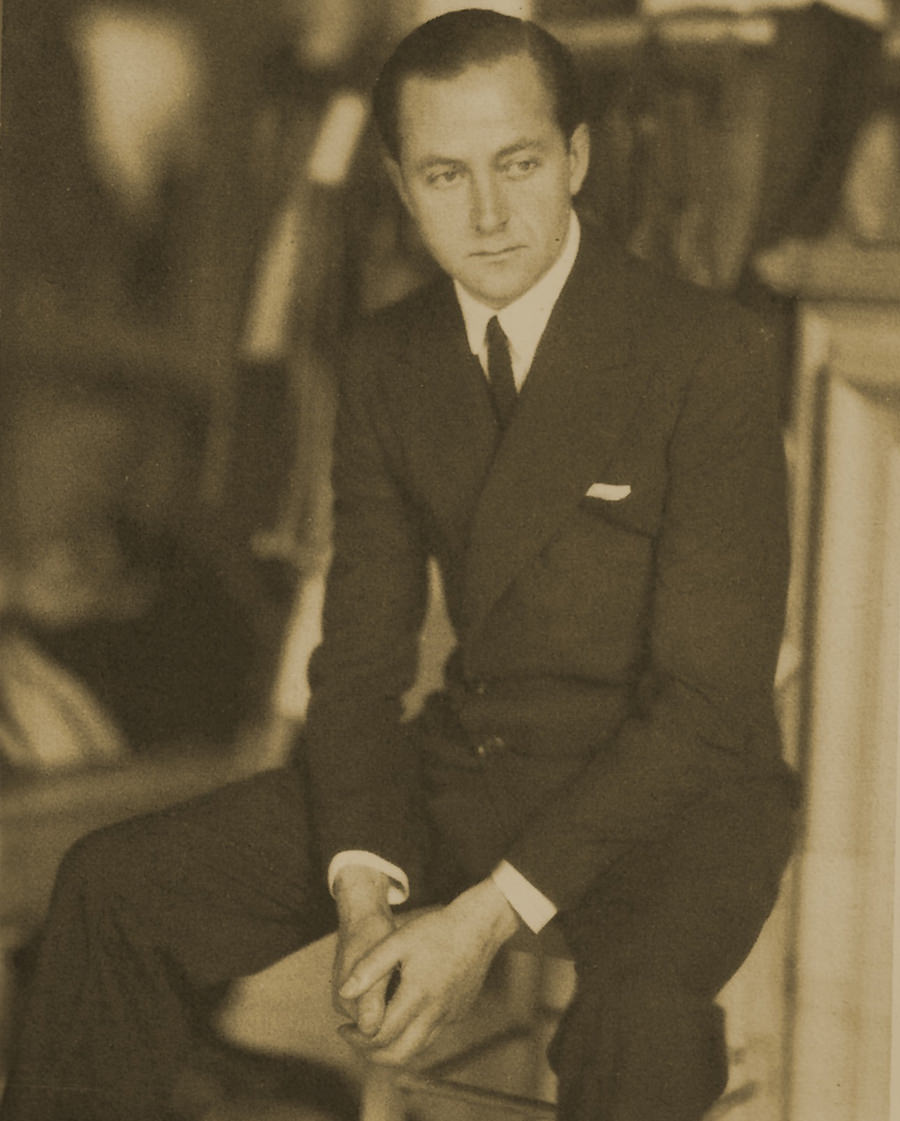
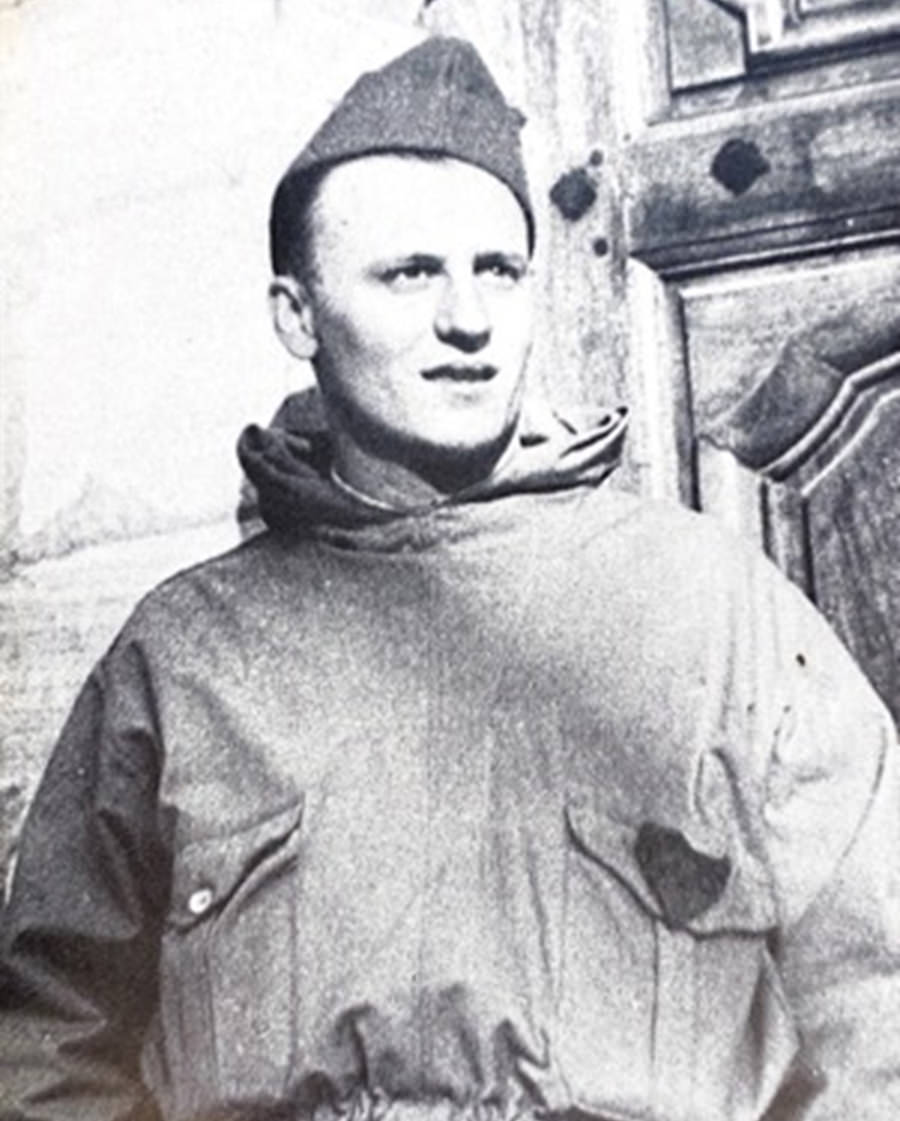
THE EARLY YEARS
In 1939, after the Nazi invasion, Balmain was called up for French military service, returning to his native Savoy to form part of the Alpine defenses. After France fell, Balmain was lucky to avoid the fate that so many other young Frenchmen suffered: being sent to Germany to work as forced labor for the Nazi war machine. Instead, he returned to Paris to work for Lucien Lelong, who oversaw one of Paris’ most successful couture houses.
LUCIEN LELONG
Lucien Lelong, who also headed up the powerful trade council setting the rules for the French fashion industry. was determined to thwart Nazi plans to relocate Paris’ fashion and textile houses to Germany—since such a move would have meant the loss of thousands of jobs in France, adding to the already considerable suffering in the country.
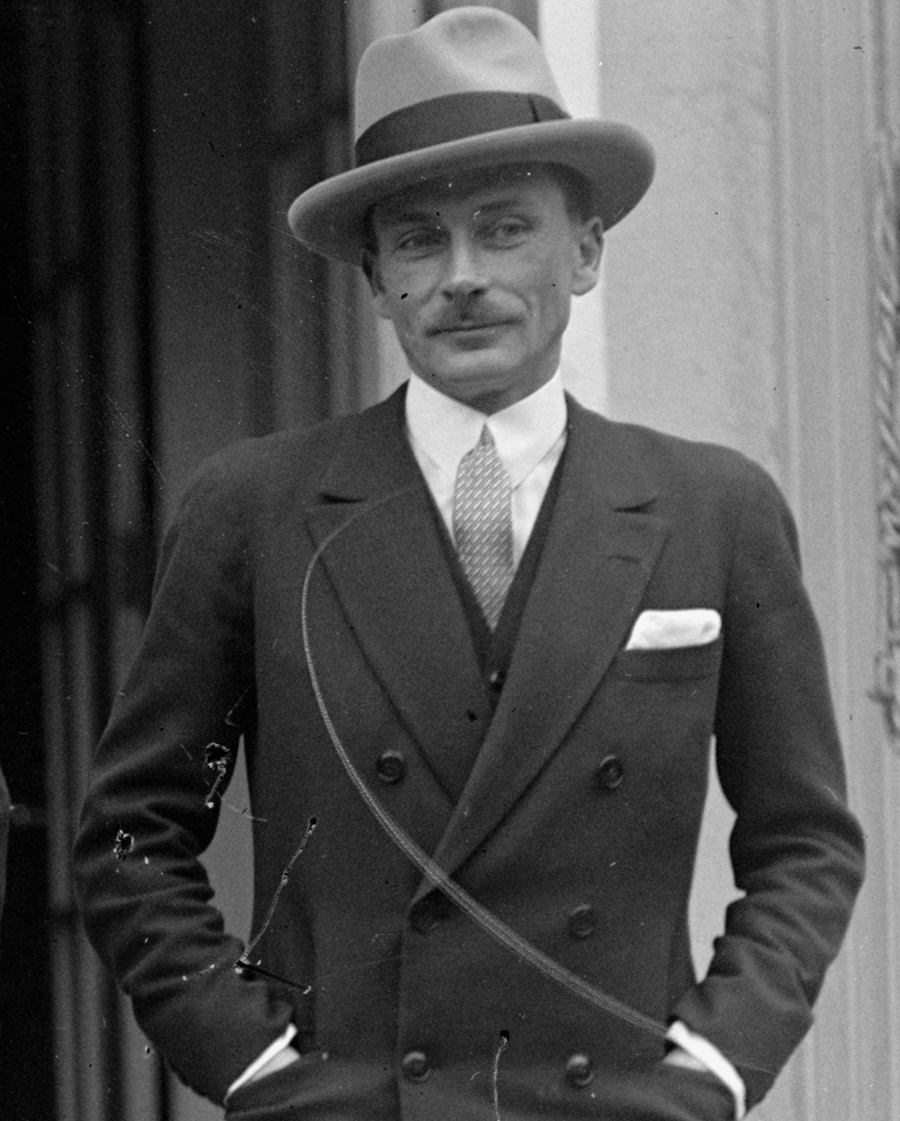
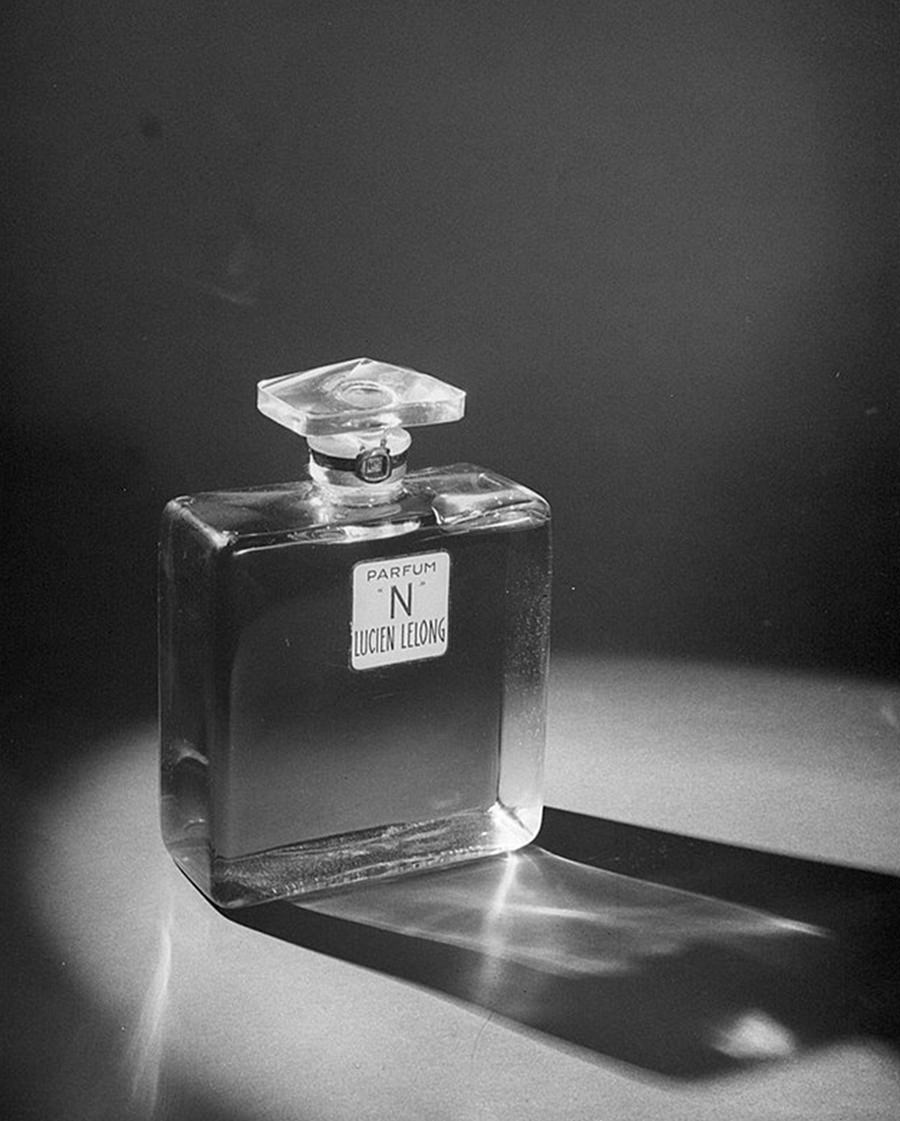
WORKING AT LELONG
While at Lelong’s couture house, Balmain worked alongside another French designer, Christian Dior. Although Dior and Balmain had very different personalities and Dior was ten years older than Balmain, the two grew to become good friends and allies. In addition, Dior was a helpful, calming force, cooling tempers whenever Lelong and Balmain would have one of their many arguments. The combined Balmain-Dior talent transformed the house, as Balmain explained in his memoirs—helping to change Lelong from a house “where a woman could get a dress to one where she simply had to get a dress.”
A SPECIAL WARTIME FRIENDSHIP
Paris’ most famous expat couple, Gertrude Stein and Alice B Toklas, abandoned the French capital during the Nazi occupation, escaping to a country home, which was close to Aix Les Bains, where Pierre Balmain’s mother had a dress shop. The legendary duo first heard about Pierre Balmain from his mother in 1939—immediately after the beginning of the war—when he and his Alpine defense regiment were stationed in the snowy peaks high above them.
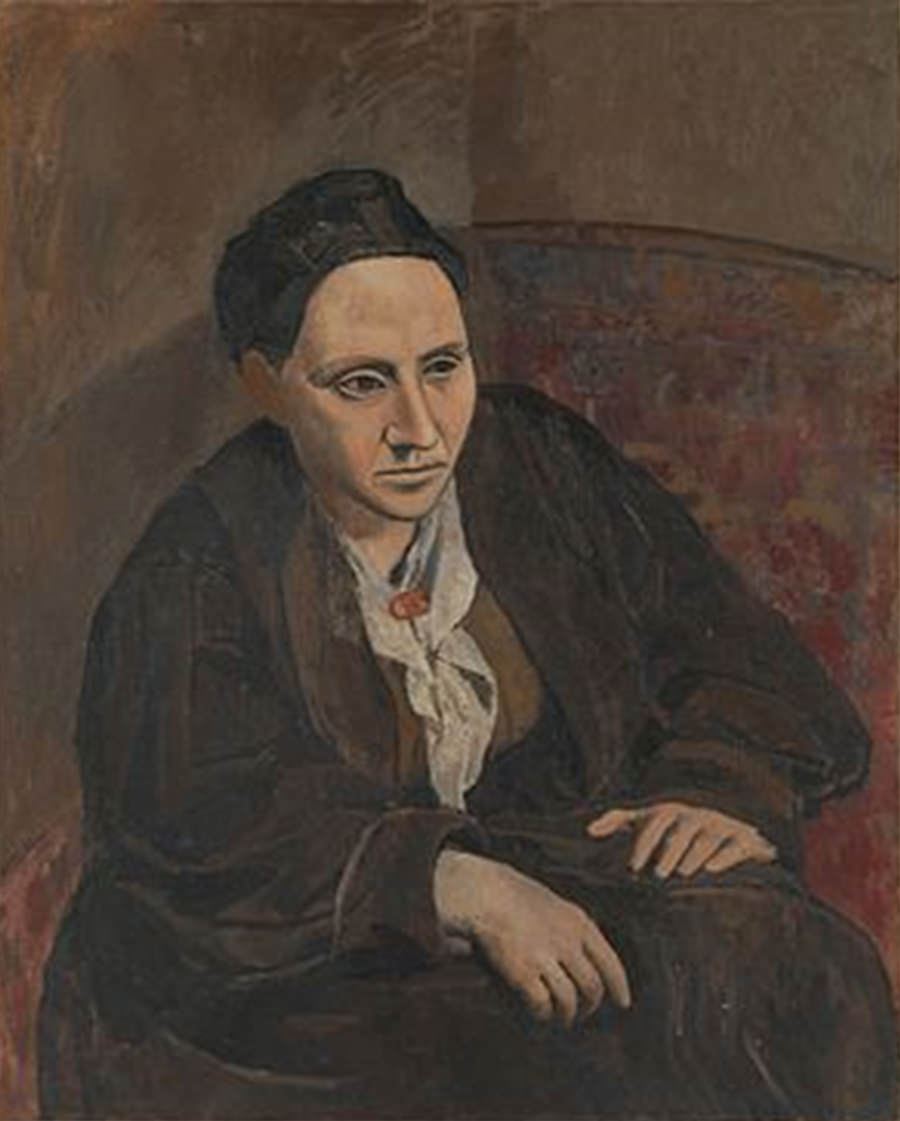
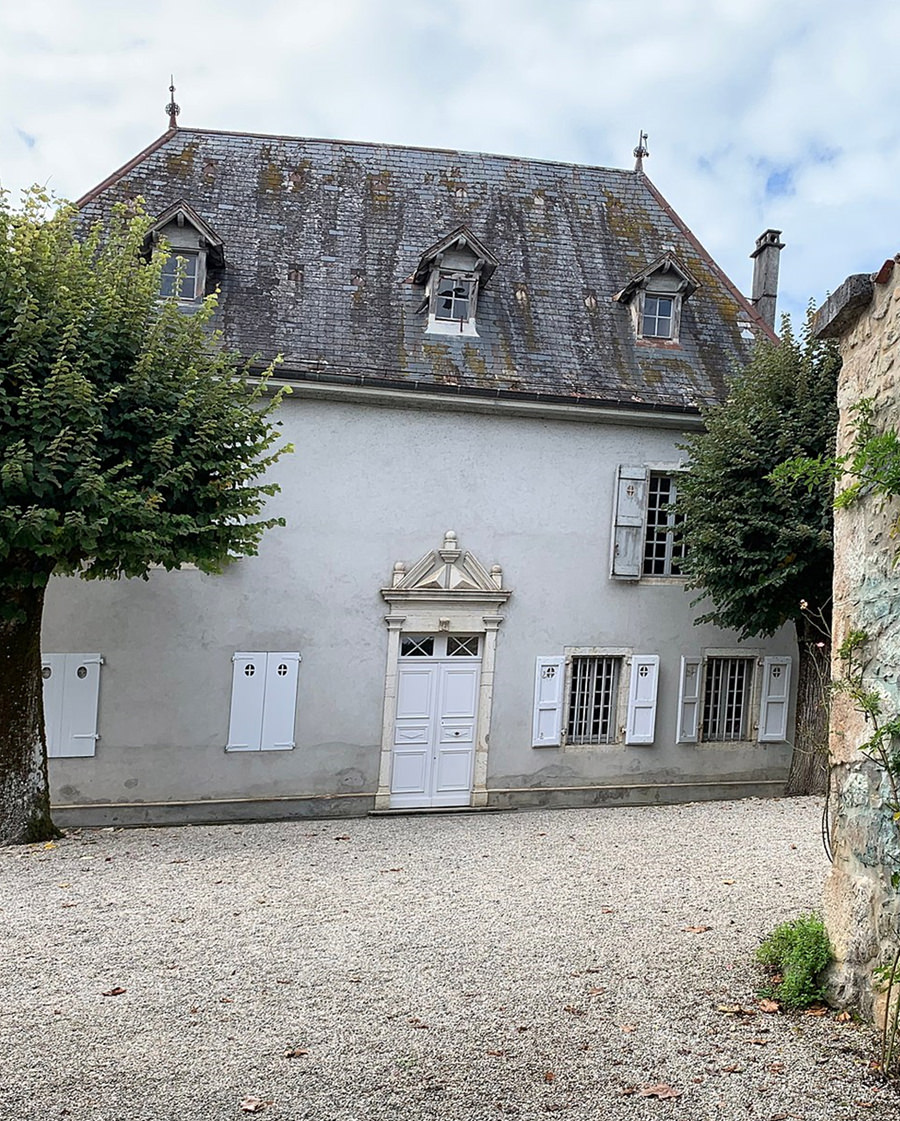
FAMOUS CLIENTS
During the occupation, whenever he was visiting his mother in Savoy, Balmain would also be sure to meet with his new friends, Alice and Gertrude, biking out to see them at their house in a small nearby village. His total dedication to the couple can be seen in the special clothing that he would create for them—with Pierre Balmain crafting the distinctive warm and comfortable tweed suits and dresses that they requested from him. Those designs—while making very clear his singular talent and skills—were of course nothing like the couture gowns that he was designing in Paris at the same time.
Photo Credits
All photos of Pierre Balmain
© Balmain Archives Balmain, all rights reservedEdward Molyneux
James Abbe Photo (1922) Wikimedia Commons
Lucien Lelong (1925)
Wikimedia CommonsLucien Lelong Perfume (1924)
Nationaal Archief, Wikimedia Commons
Gertrude Stein portrait by Pablo Picasso
Wikimedia CommonsGertrude Stein home in Billign
Wikimedia Commons